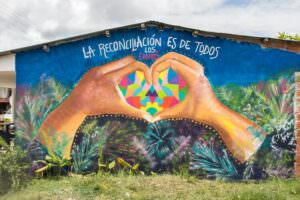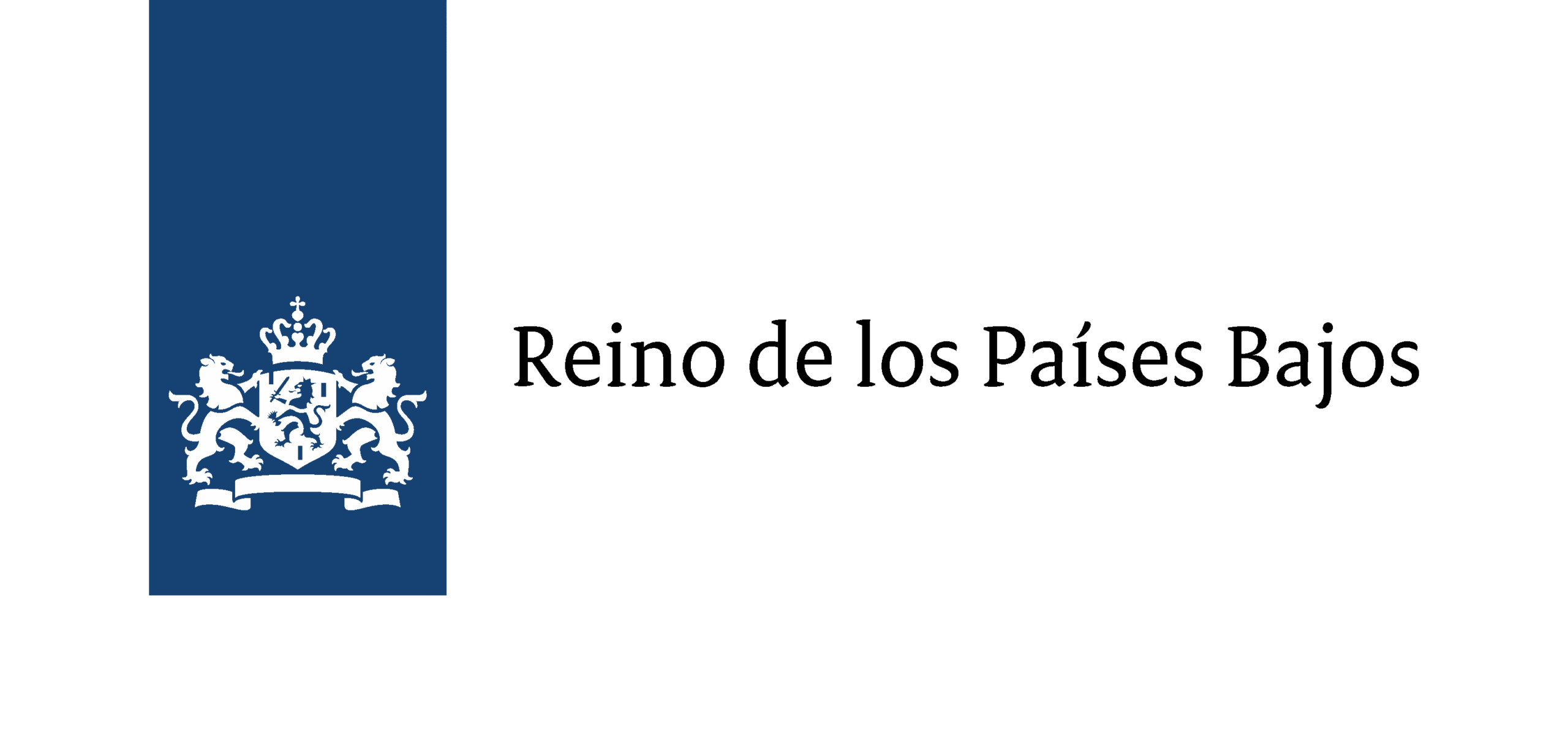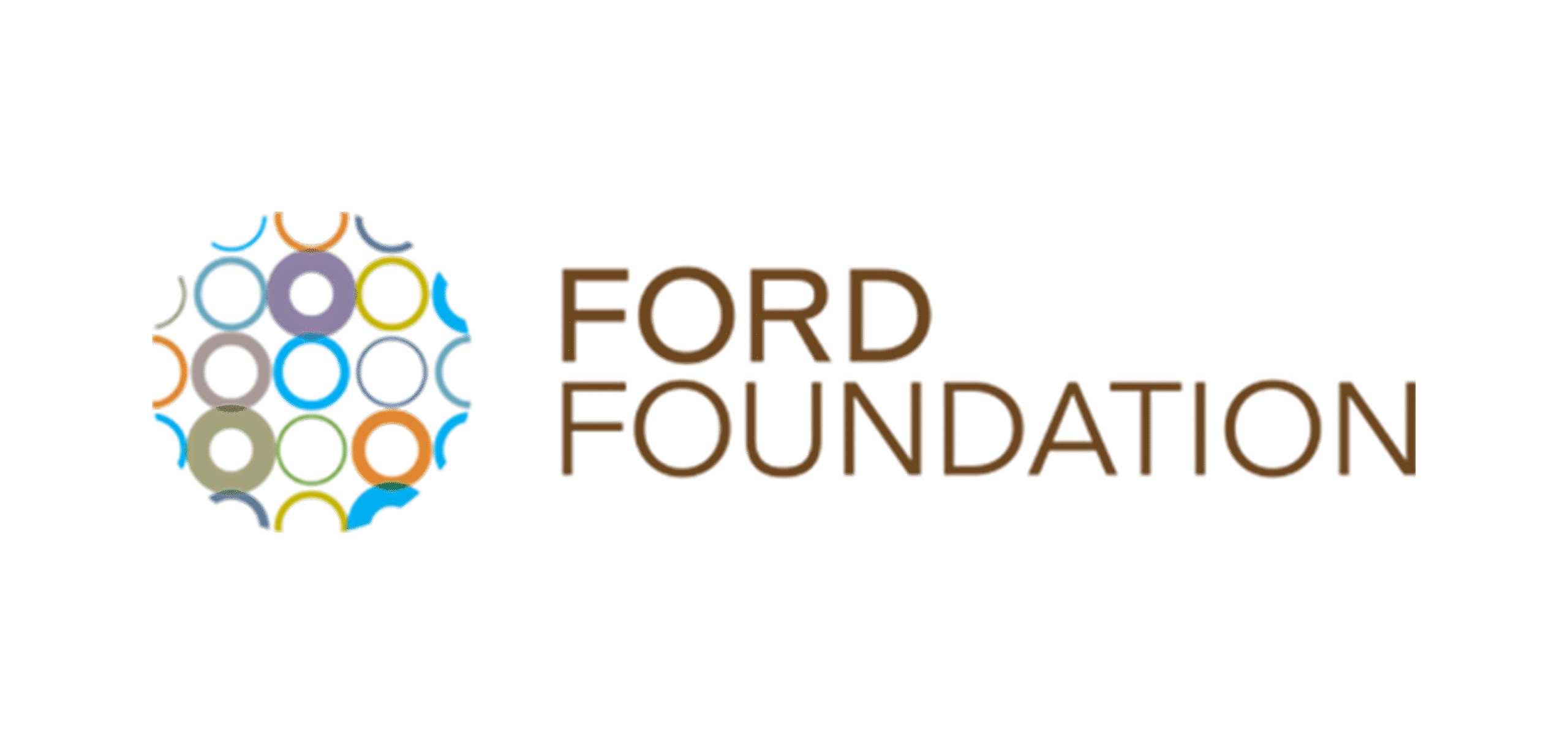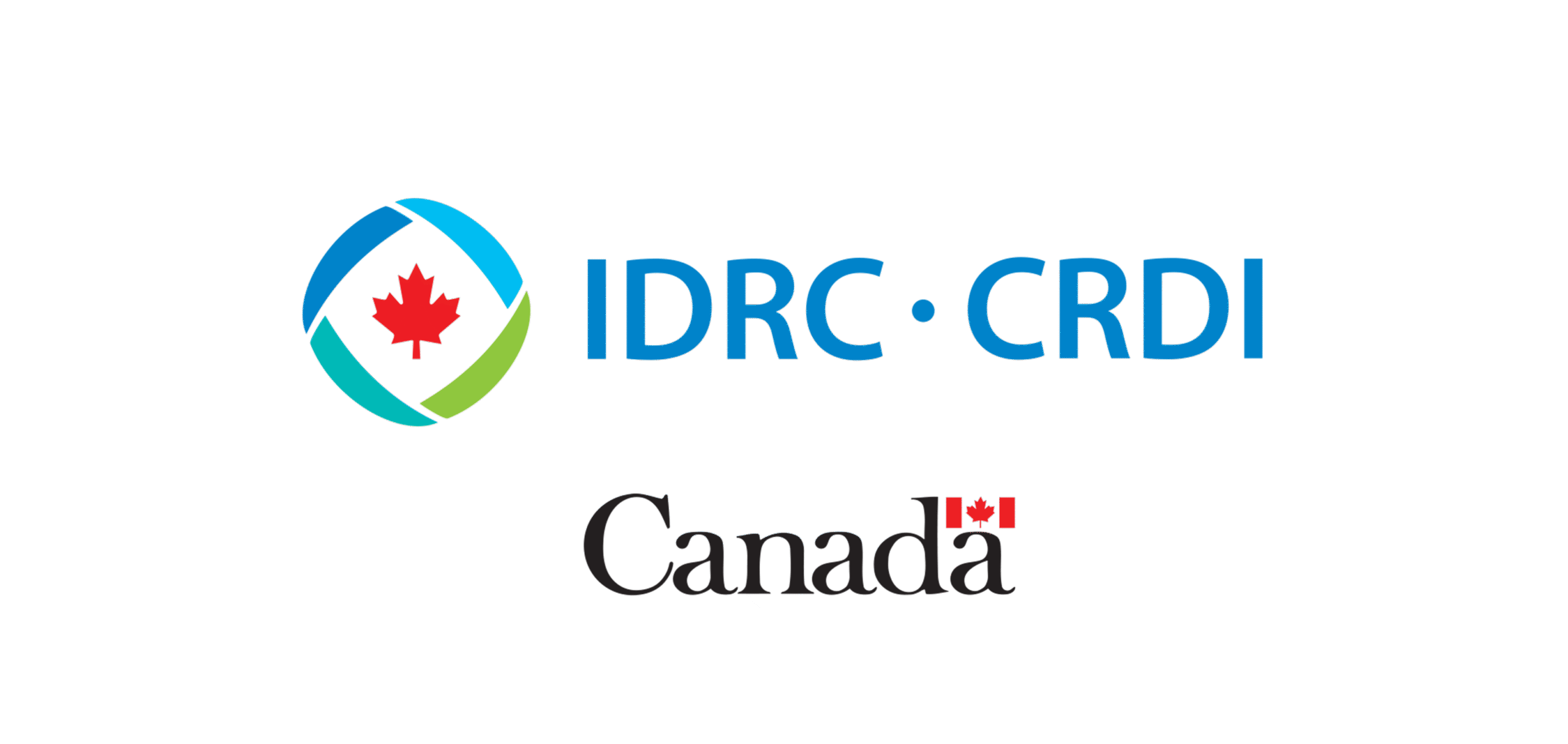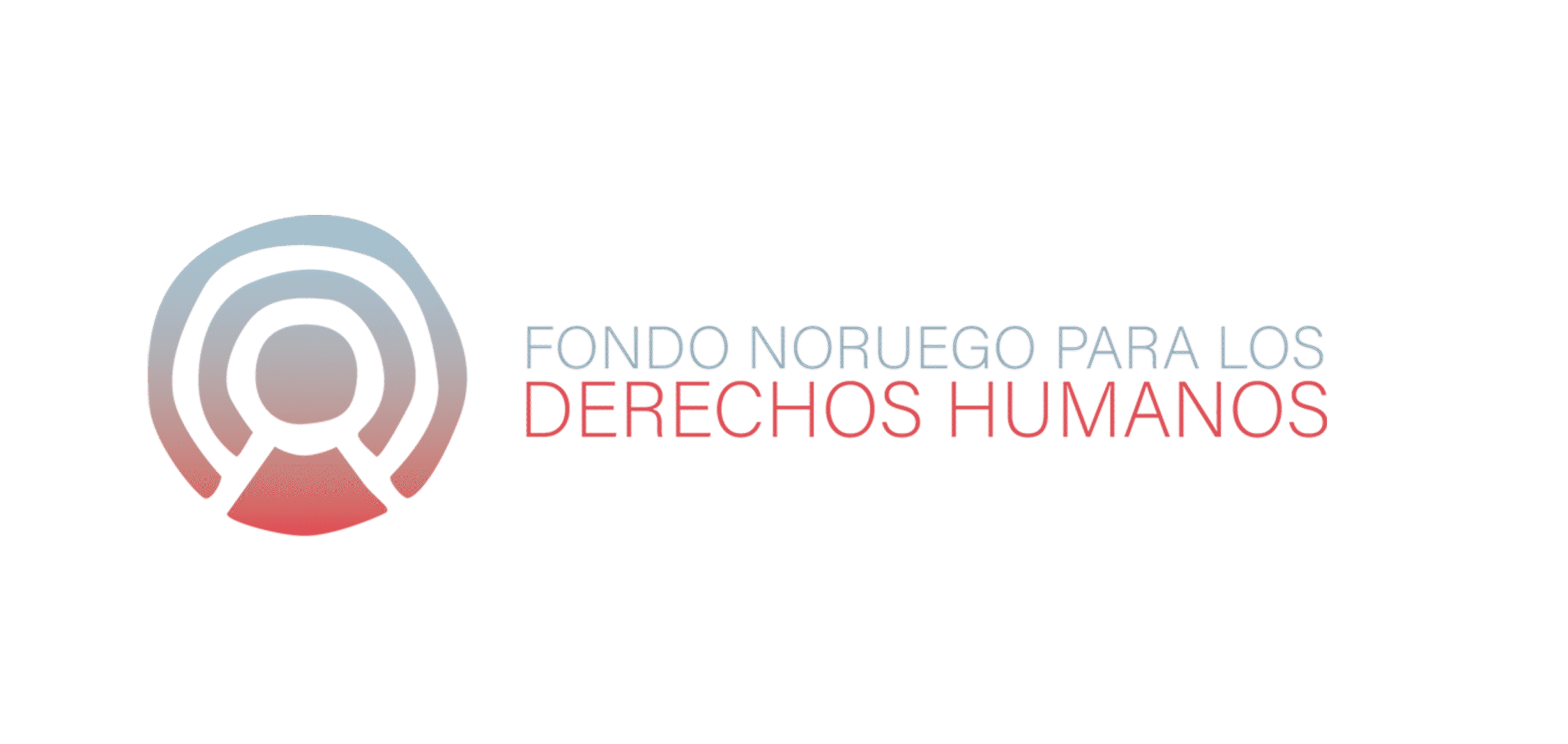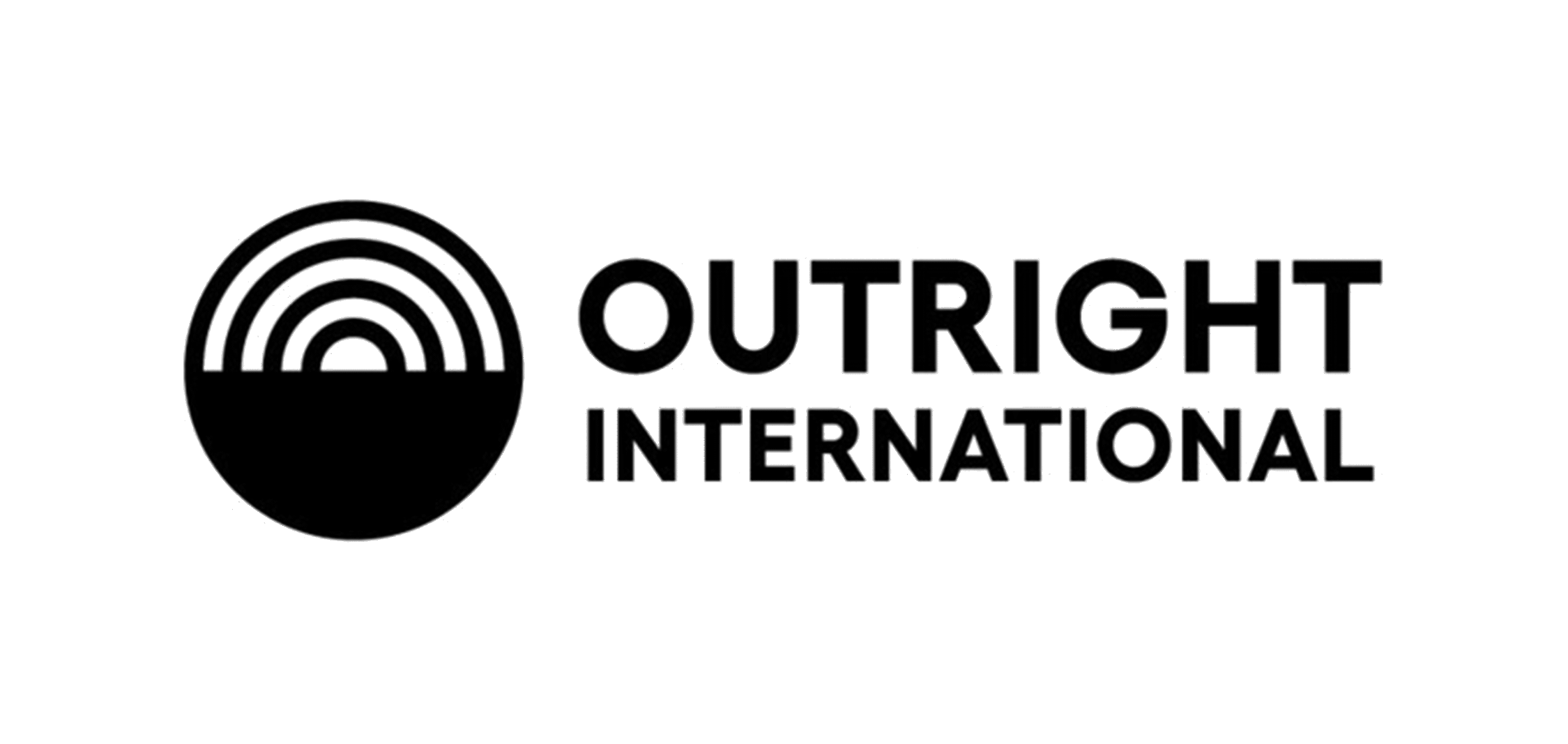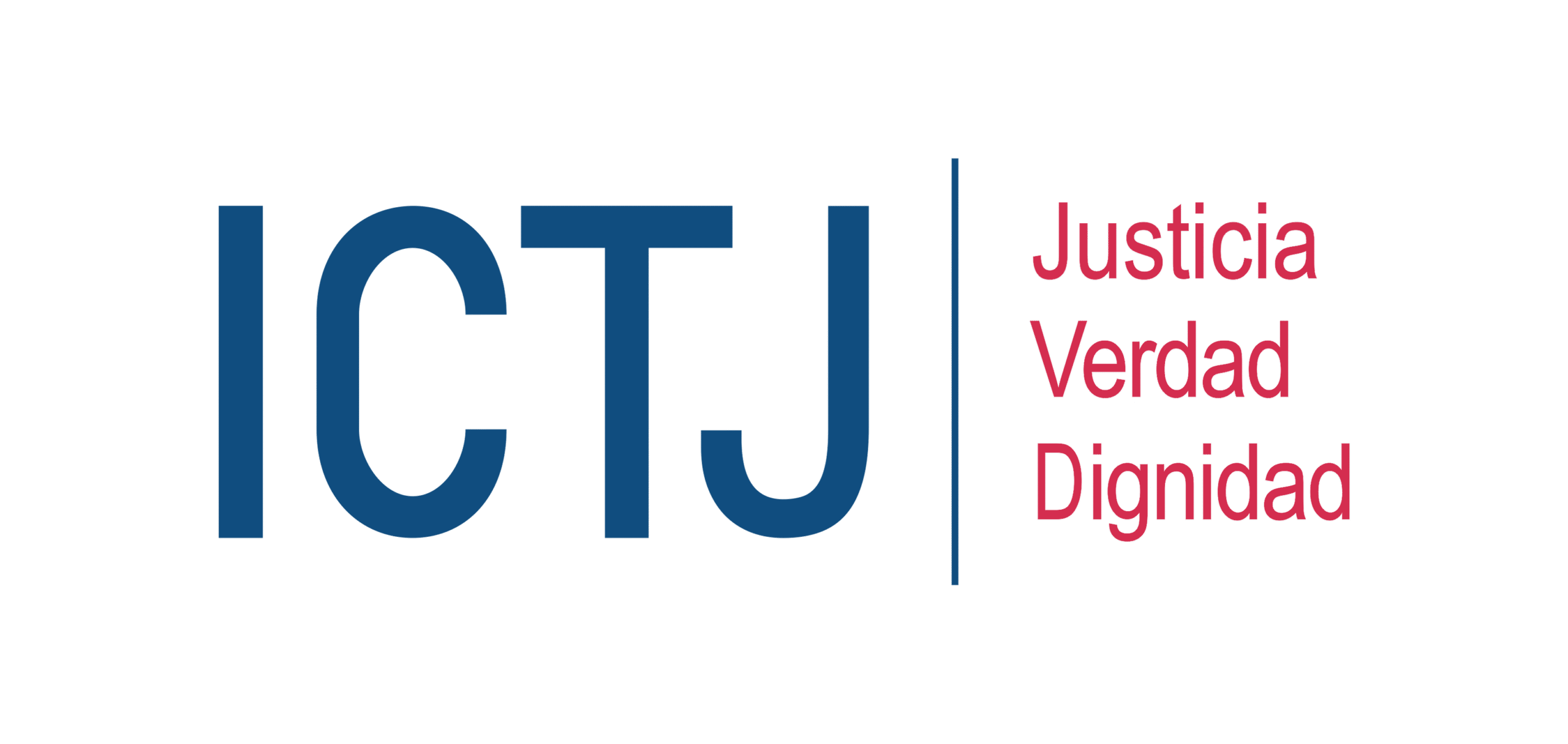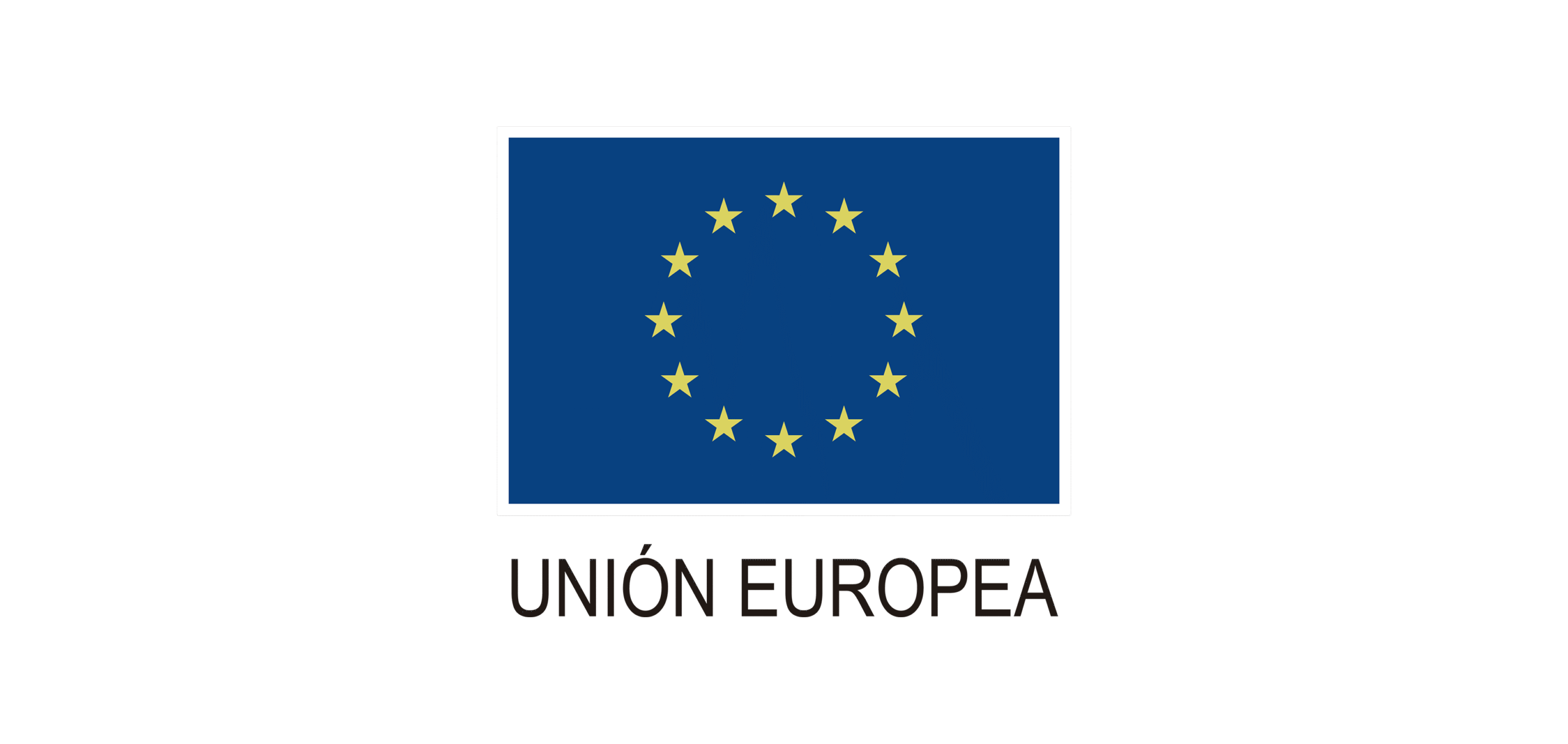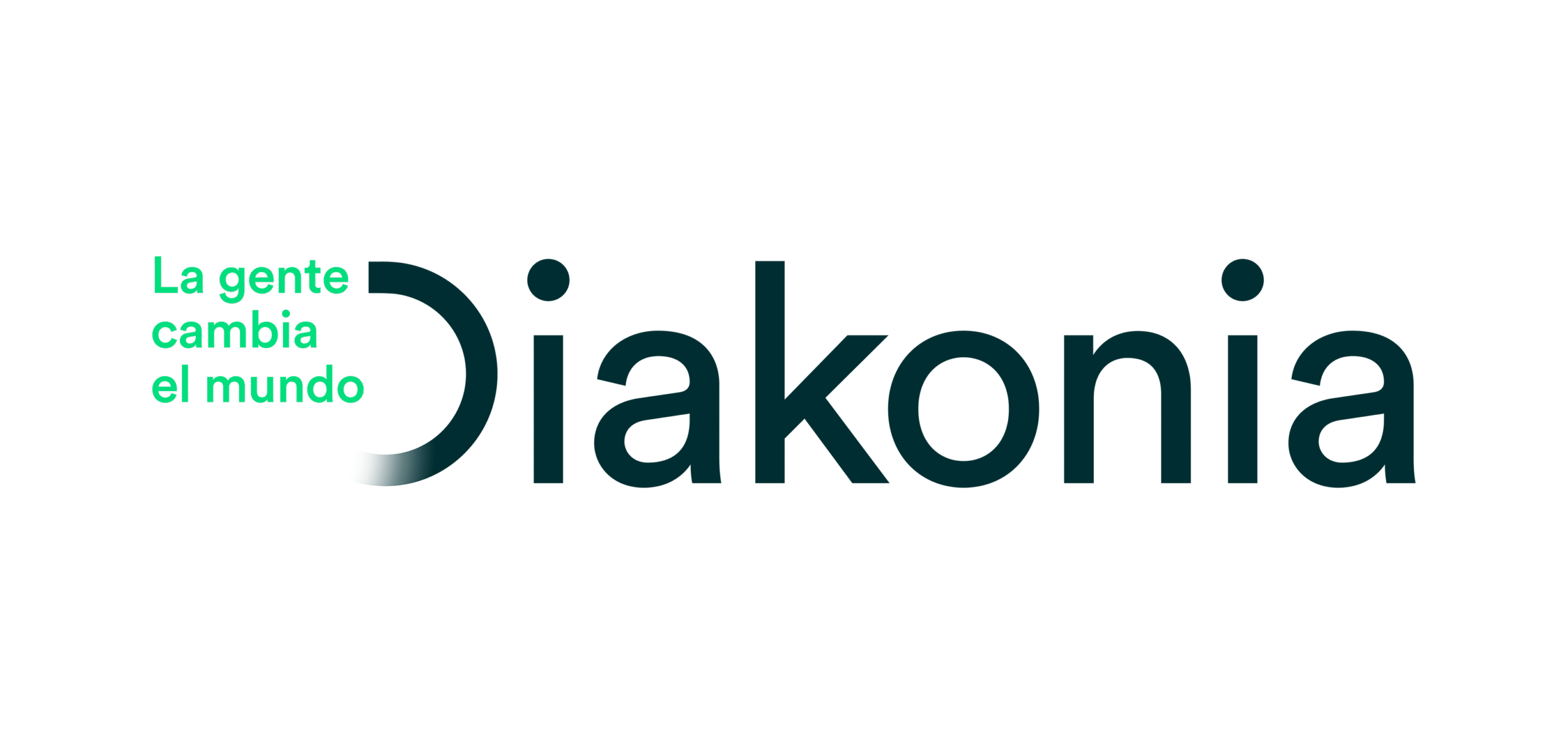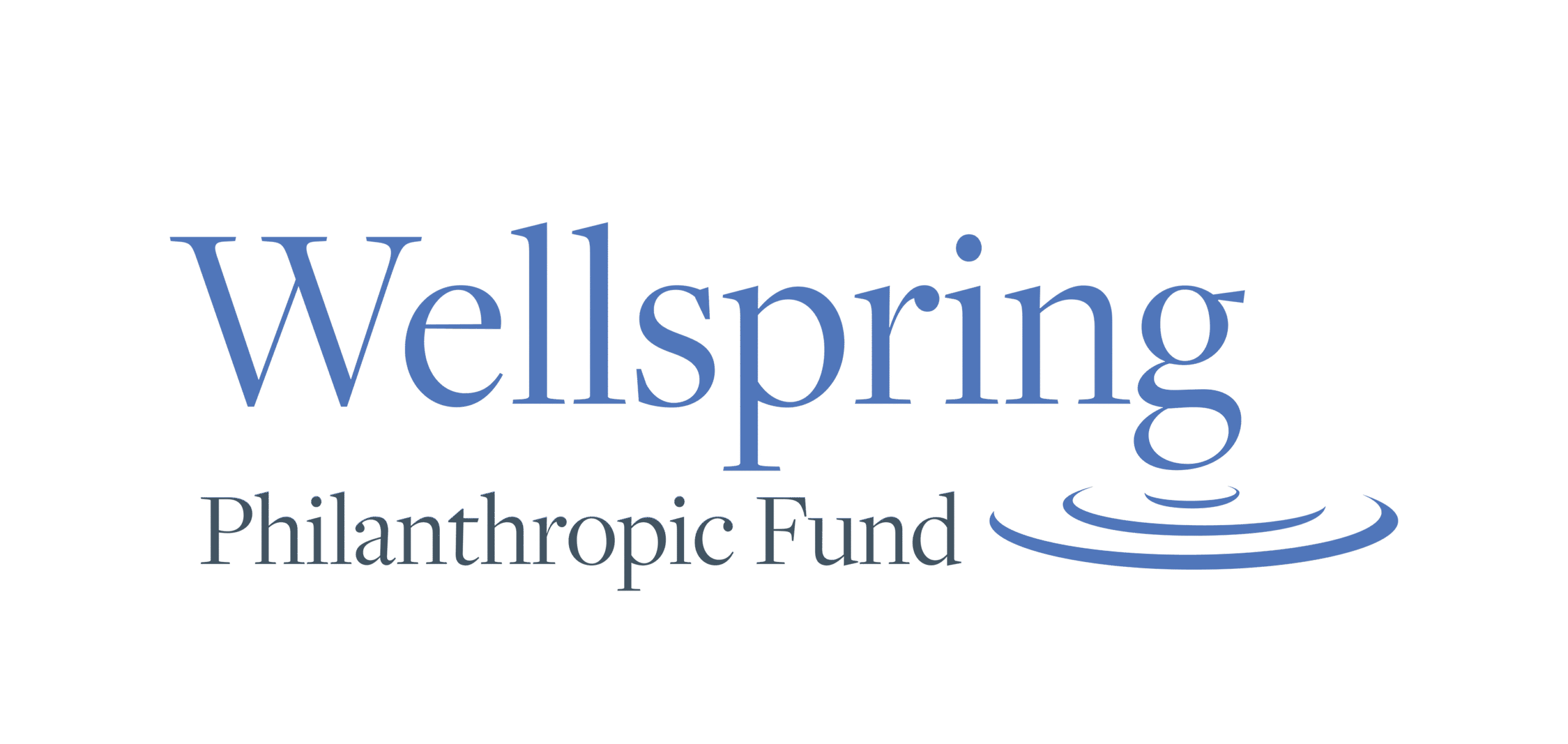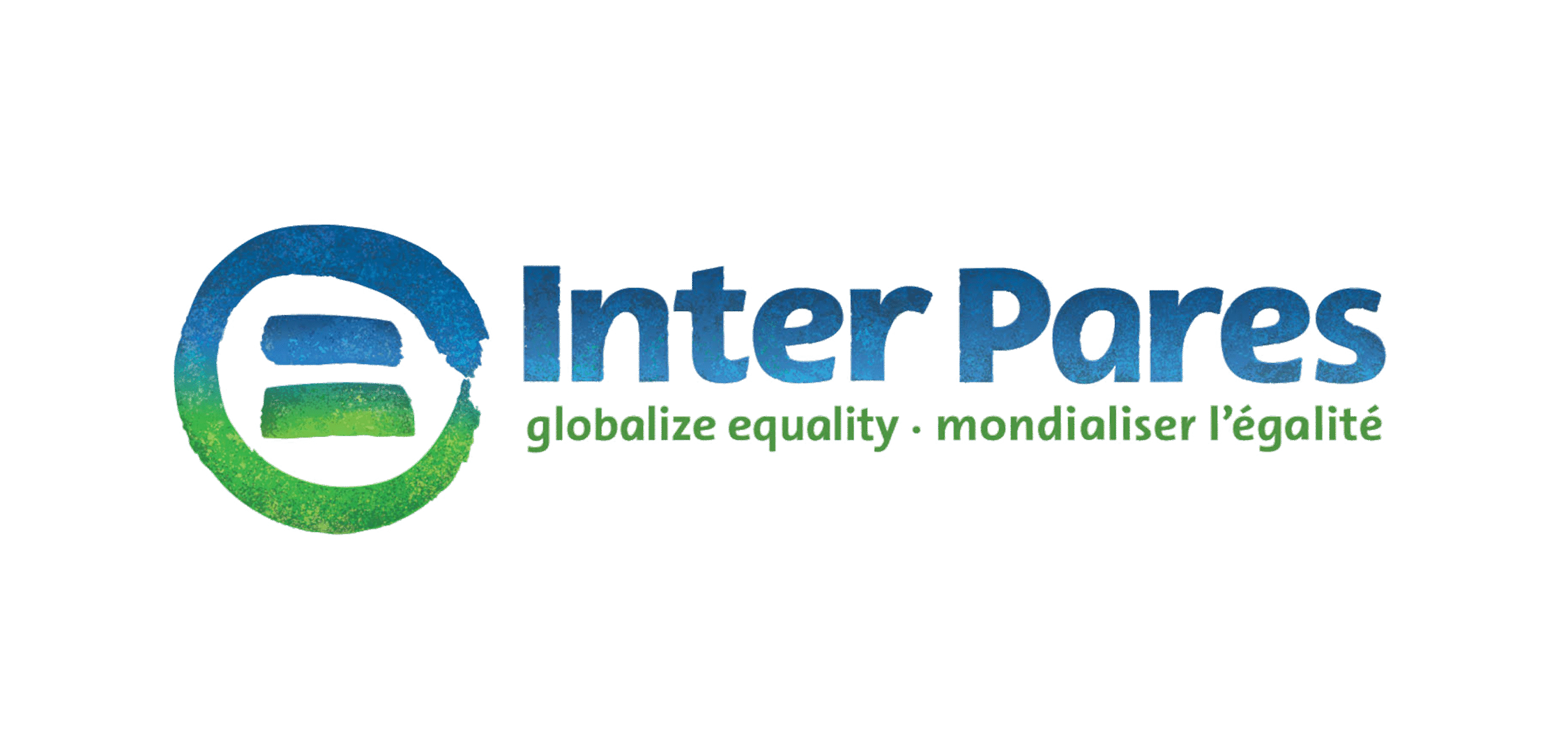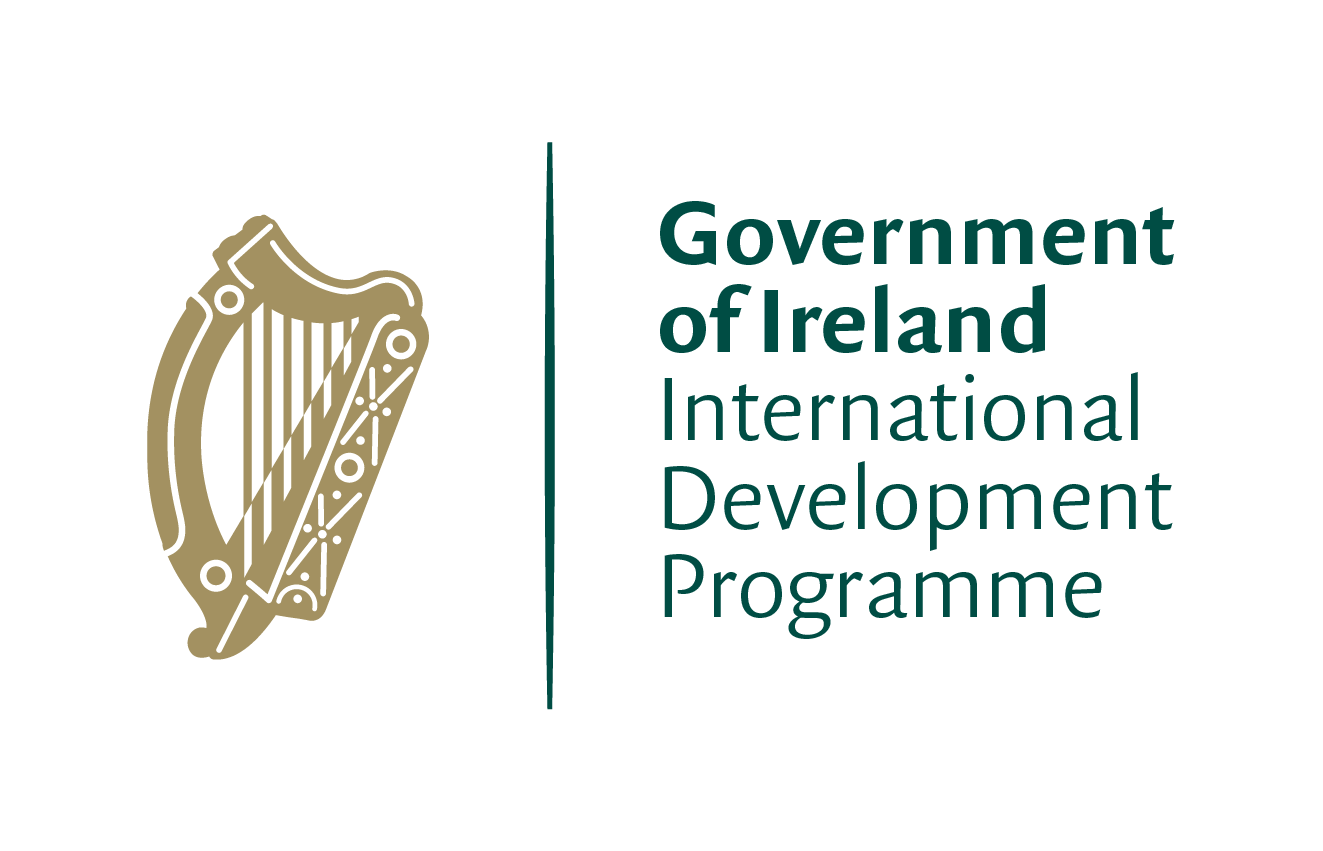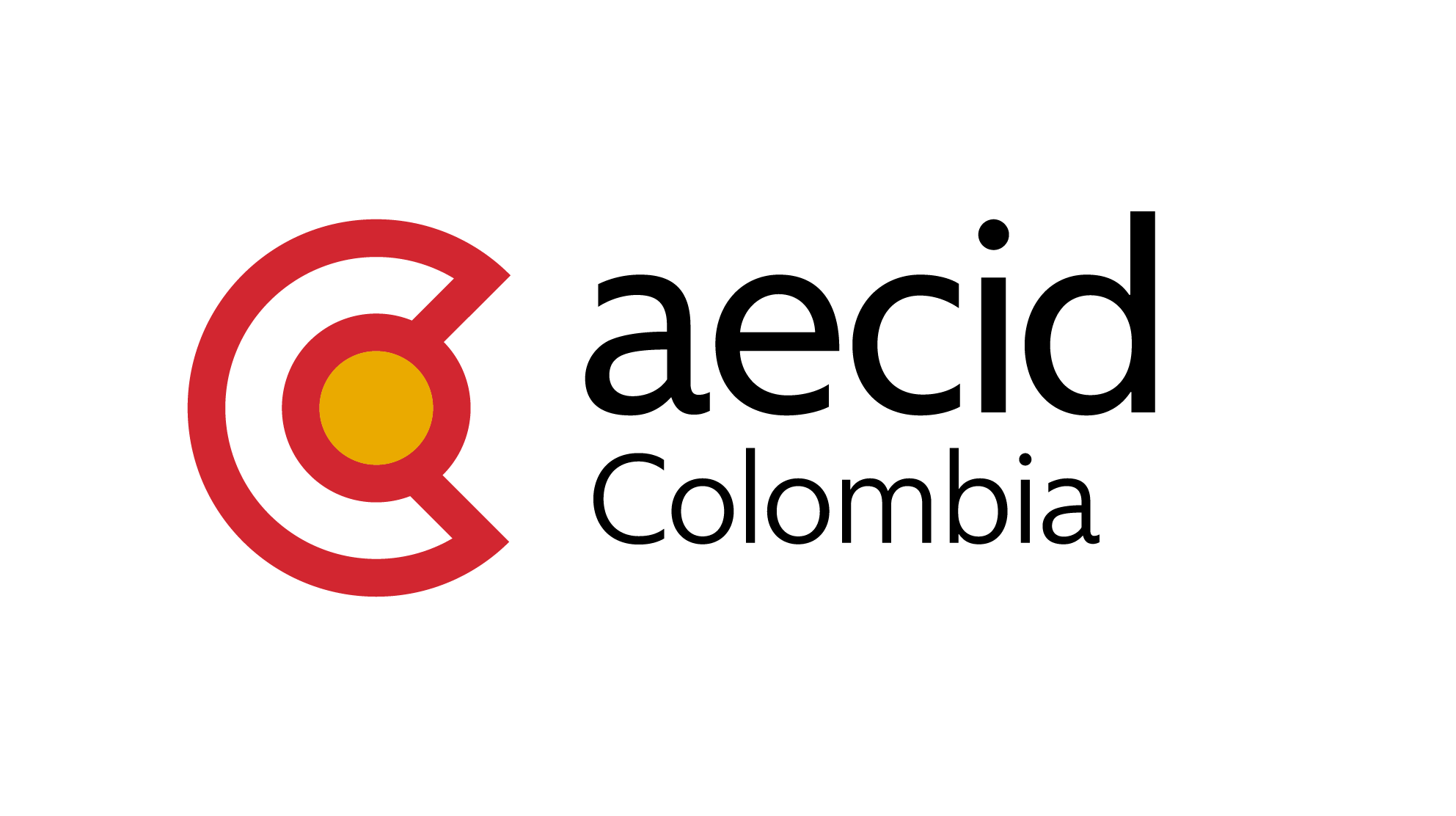Common patterns and differential affectations in human rights violations against defenders in Colombia.
"The risk of defending and leading" is a report on the work of individuals, communities and organisations defending rights and claiming social causes in Colombia, addressing violations of their rights, documented between 1 August 2018 and 31 July 2020.
It is a document prepared by twenty national and regional organisations, under the coordination of the Colombian Commission of Jurists, with the aim of contributing to the denunciation, visibility, recognition and dignification of the defence of the human rights of individuals, communities, organisations and peoples, from differential approaches and also to the identification of common patterns and differential aspects in the violations of their human rights.
Themes of the report:
- Context: Analysis of conditions of exclusion, inequality and vulnerability of women, LGBT people, indigenous peoples and Afro-descendant and peasant communities, denounced and made visible by defenders and social leaders, from a historical and current perspective, and identified by international and regional human rights organisations and by some state entities and government institutions.
- In the period between 1 January and 31 July 2020, the database of socio-political violence of the Colombian Commission of Jurists documented 184 cases of human rights violations against leaders and defenders. Of these 184 people, 183 were murdered and one person was a victim of forced disappearance. As a common aspect of the murders, prior threats were identified, some of them generalised against a certain sector or community, and others selective, with name and surname, alluding to the work of the leaders or defenders.
- Differential approaches and impacts: Presentation of the contributions of ONIC, CNOA, Sisma Mujer, Colombia Diversa and PUPSOC through an account of peasant struggles for the enforceability of rights in Cauca. These diverse processes constitute references in the visibility of differential approaches, strengthening the defence of rights from different perspectives and exposing the dynamics and modalities of violence against defenders. Their considerations allow us to understand the contexts in which various risks converge and the conditions of vulnerability faced by defenders in the territories.
- These conditions of vulnerability are compounded by the risks to which those who defend life and lead social causes are exposed, as well as the multiple forms of discrimination that target individuals, communities and organisations, and the disproportionate impact on those who defend rights and lead social causes.
- Common guidelines and differential aspects in human rights violations against social leaders, defenders, indigenous peoples, Afro-descendant and peasant communities, women and LGBTI defenders in Colombia, from August 2018 to December 2019.
- By cross-referencing the records and databases of the different participating organisations, a shared and consolidated database of 396 violations of the rights of social leaders and human rights defenders was created, corresponding to the period between 1 August 2018 and 31 December 2019. Of the total of these events, 392 cases correspond to homicides, 98.99 % of the victims; and 4 correspond to forced disappearance, equivalent to 1.01 % of the total number of victims.
- Regional component: It proposes a look at the territories where human rights defenders and social leaders live, narrated by social organisations and human rights defenders from Antioquia, Cauca, Córdoba and Norte de Santander. In these and other departments, violence has worsened since the signing of the Final Peace Agreement, occurring continuously and repeatedly and persisting in 2020.
- According to the database under consolidation, violence against social leaders and human rights defenders between 1 August 2018 and 31 December 2019 was concentrated in 29 of the 32 departments that make up the Colombian territory, with Cauca, Antioquia, Valle del Cauca, Nariño, Putumayo, Meta, Caquetá, Norte de Santander and Córdoba being the most affected territories. The panorama of violations of the rights of those who defend rights and lead social causes, documented by the CCJ between January and July 2020, shows the continuation of violations in these departments and the focus of rights violations in Huila, Chocó, Bolívar Caquetá Caldas, Boyacá, Tolima, Cesar, Arauca, Atlántico, Santander and Magdalena.
- Balance sheet and state responseAnalysis of the actions of state entities in terms of prevention and protection of human rights defenders and social leaders. The assessment of the state's response and the development of a series of actions aimed at demanding that the state guarantee security and protection for those who defend rights and lead social causes in Colombia are part of the daily work of social organisations and human rights defenders in Colombia.
- The six aspects addressed in the assessment are: security guarantees in the Final Peace Agreement (AFP); investigation and prosecution tools; the Plan for Timely Action (PAO) and other government measures; criminalisation of social leaders; spaces for dialogue on guarantees; and legal actions for the protection of defenders, leaders and social leaders.
Some conclusions:
- The conditions of marginalisation and exclusion, as well as the causes, consequences and impacts of the conflict have been denounced by defenders and social leaders, by their peoples, communities and organisations. These denunciations are followed by threats, assassinations and forced disappearances, continuing the cycle of violence against those who defend rights and lead social causes.
- In addition to murders and threats, which are the predominant violations of the human rights of defenders and which the figures still do not accurately reflect, there are confinement, torture, forced displacement, gender-based sexual violence and forced disappearance. This varied set of rights violations allows us to affirm that high levels of violence persist, that its impacts continue to affect individuals, organisations and communities, and that it is possible to identify various accumulated and targeted forms of violence.
- LGBT leaders and defenders are at risk when exercising their right to defend rights. This is compounded by discrimination, exclusion and violence based on gender, sexual orientation, age, ethnicity, disability and poverty. It is therefore essential to identify these differentiated affectations and to incorporate differential approaches in the documentation of cases, as well as in prevention and protection measures and guarantees of human security.
- With regard to the leaders of Afro-descendant peoples, indigenous peoples and peasants, their work to defend rights has focused on the demand for dignified living conditions and their existence as communities and peoples. When these leaderships are affected, impacts are generated that can affect the very existence of these collectives and their permanence in the territories.
Key recommendations:
- Implement in a concerted, effective and comprehensive manner the differential ethnic, territorial and gender focus of the AFP, and in particular the measures and mechanisms for risk prevention and protection for women defenders, leaders and social leaders with policies adapted to their contexts.
- Advance in the construction of a public policy to dismantle paramilitarism, as indicated by the AFP, which takes up the proposal submitted by civil society organisations in the National Commission for Security Guarantees and leads to the effective dismantling of the political, economic, socio-cultural and military structures of these groups.
- Articulate and coordinate civil society initiatives and existing mechanisms prior to the AFP for the protection of human rights defenders and the promotion and defence of human rights with the normative framework derived from the AFP in terms of guarantees of prevention, protection and human security.

